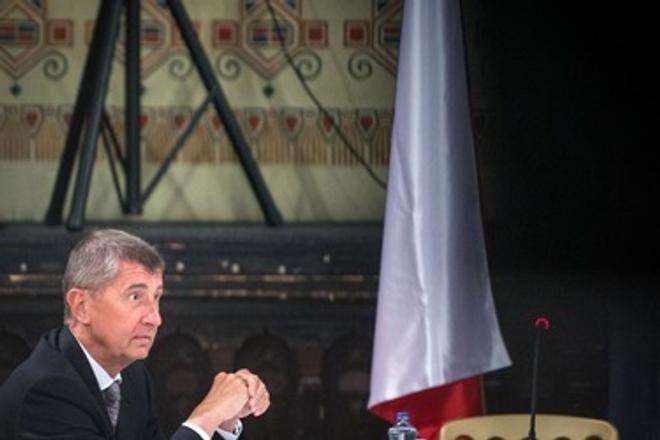Czech prime minister-designate Andrej Babiš, who is of Slovak origin, has filed a lawsuit against his former country at the European Court of Human Rights to achieve an official declaration that he did not knowingly collaborate with the communist secret police, the ŠtB, Czech news website Seznam Zprávy reported on June 15.
Babiš confirmed this by sending a text message to Seznam. “Yes, yesterday,” read the text. According to Seznam, the lawsuit was presented by Babiš’ Slovak lawyer Vojtech Agner.
Babiš sued ÚPN
In February, the Bratislava Regional Court rejected Babiš’ suit against Slovakia’s Nation’s Memory Institute (ÚPN) after the institute released ŠtB records that referred to Babiš as a collaborator with the communist-era secret police under the code name “Bureš”, the TASR newswire wrote.
This ruling followed a Constitutional Court decision last year that overturned a ruling by the Slovak Supreme Court and earlier that of a district court, that Babiš’ registration as an ŠtB agent was unjustified.
The ÚPN at the time welcomed the court decision, claiming that it did not interfere with Babiš’ right to a good reputation by releasing copies of the ŚtB files, as it is mandated to engage in such activity by law.
Nevertheless, an expert pointed out that the Bratislava court only ruled that the ÚPN should not have been sued for releasing copies of the files; it was not decided whether Babiš was correctly listed in the StB records.
Slovak reaction
Anyone has the right to lodge a complaint with the European Court of Human Rights, the Slovak Justice Ministry stated in response to Babiš’ lawsuit.
“If [the European Court of Human Rights] has studied the rulings of the domestic courts, it will declare the petition unjustified and it will drop it without notifying the Government,” Justice Ministry spokesperson Zuzana Drobová said, as quoted by TASR.
“Conversely if the court, after an initial examination of the complaint, decides to notify [the Slovak government], the Slovak Republic will continue with the dispute before the European Court of Human Rights based on verdicts made by the domestic courts,” she added.





